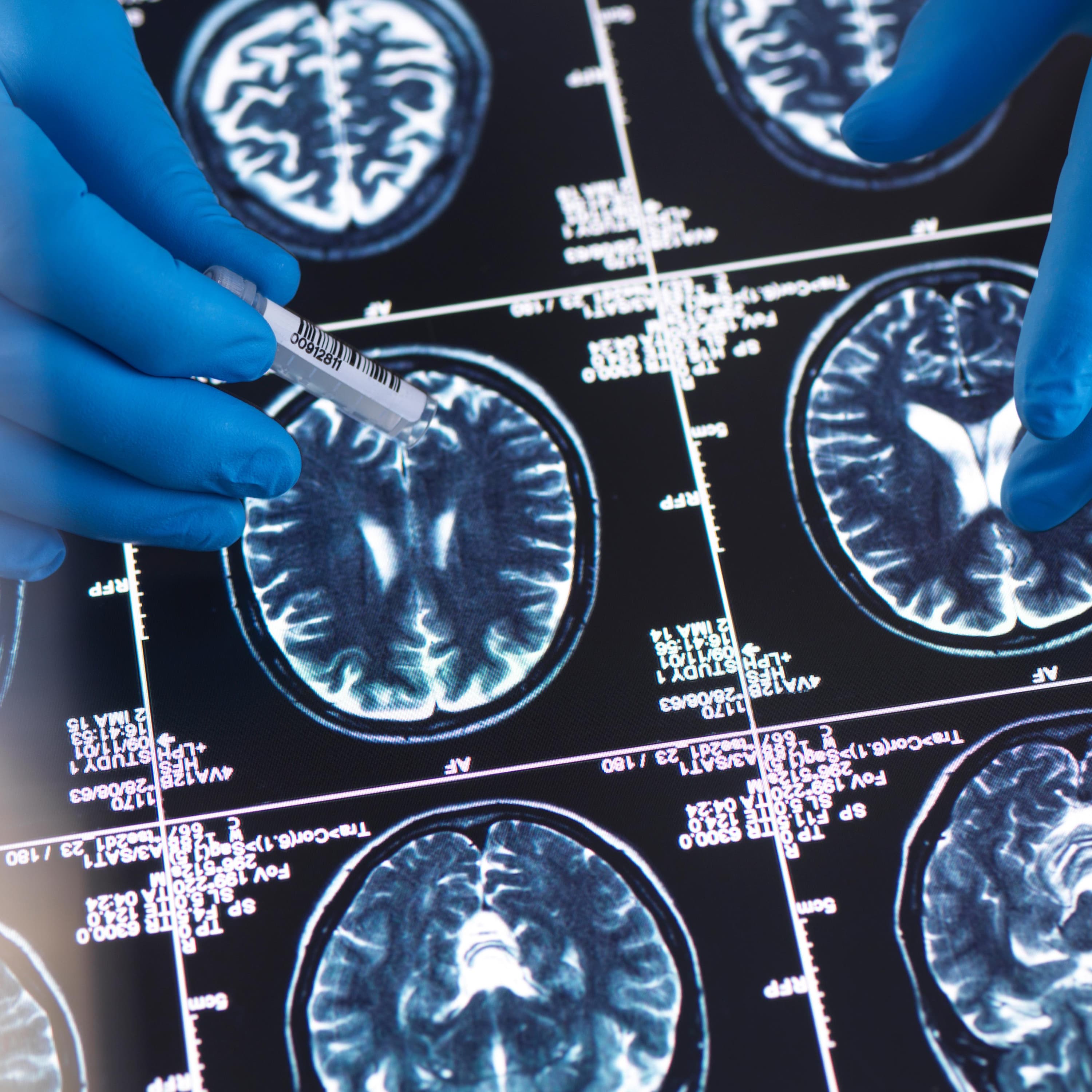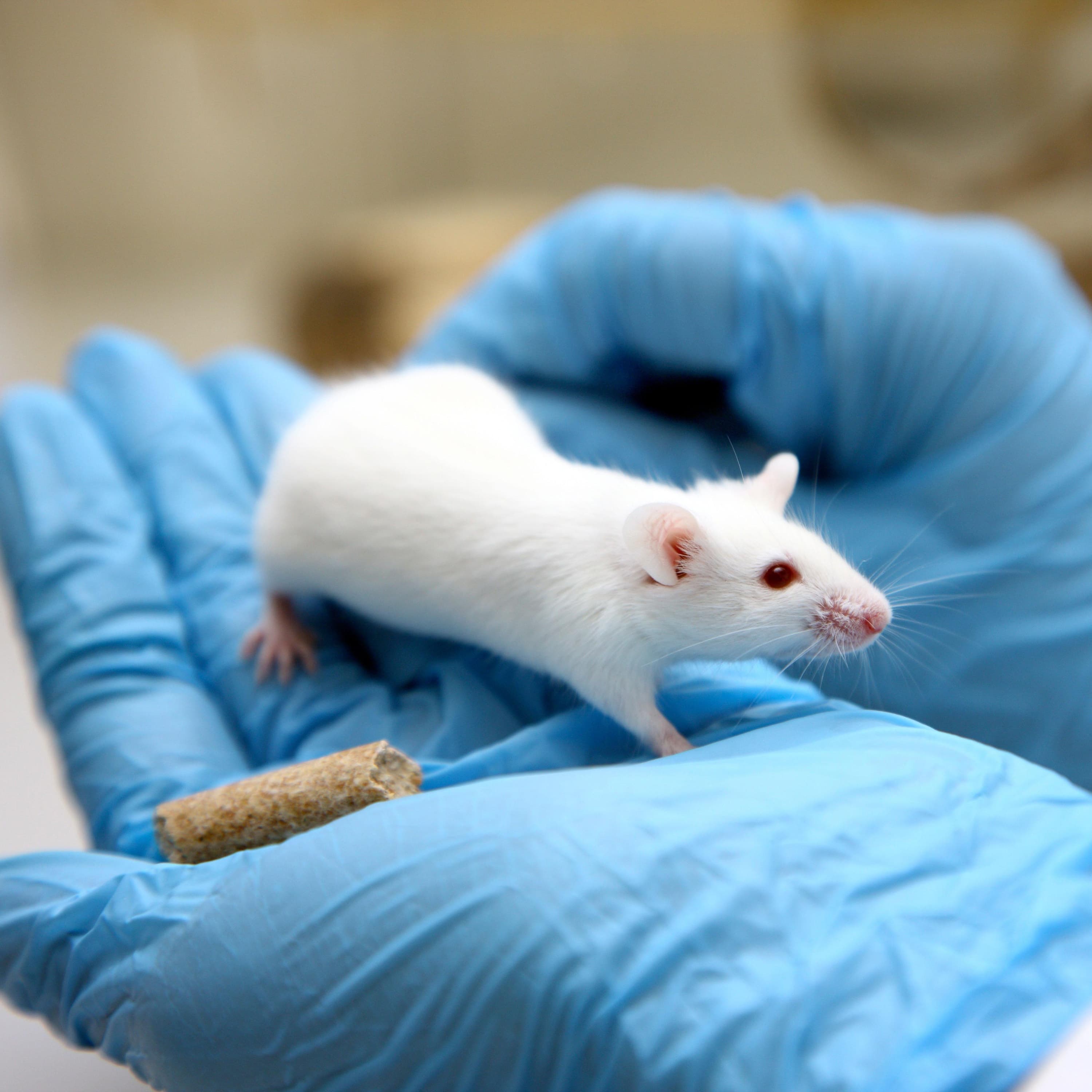
Secrets of the microbiome: the vagina
Loading player...
The trillions of microbes living on and inside the human body are an important part of who we are, from mediating all our interactions with the environment to determining our cancer risk and influencing who we fall for. And scientists are only just beginning to decipher the species of bug we share our lives with, and how they shape us. In the second of a three-part Science Weekly mini-series, Madeleine Finlay meets Ina Schuppe Koistinen, associate professor at the Karolinska Institutet in Stockholm, and author of the book Vulva: Facts, Myths and Life-Changing Insights. Ina explains what makes the vaginal microbiome special, why it could hold the key to understanding pregnancy complications, and how we can better care for and protect it.. Help support our independent journalism at theguardian.com/sciencepod





